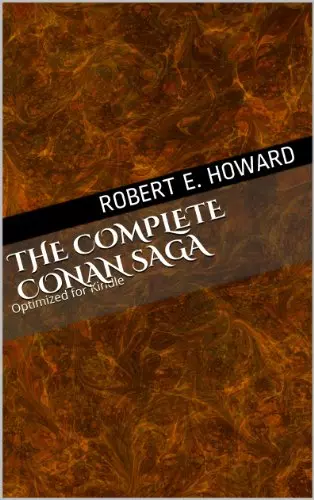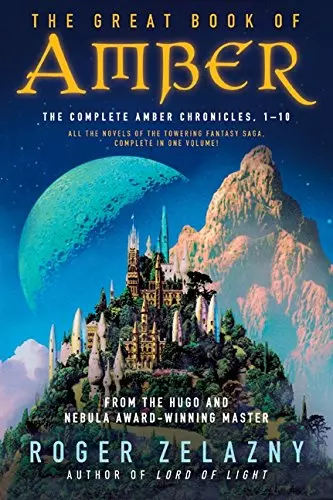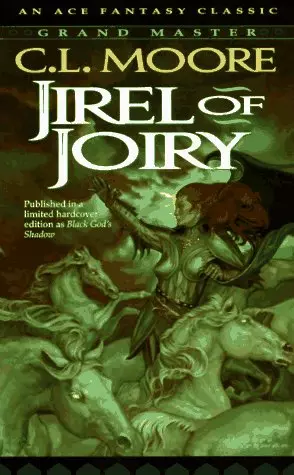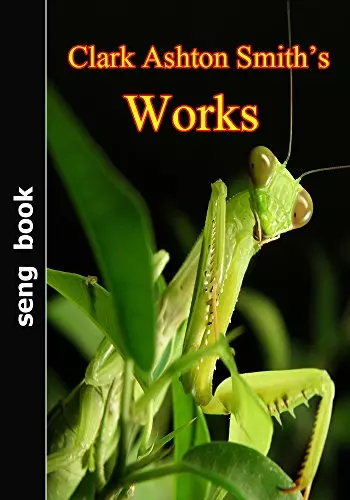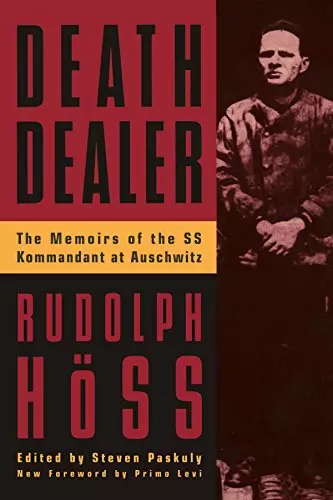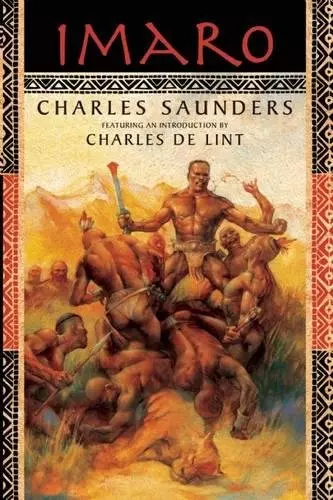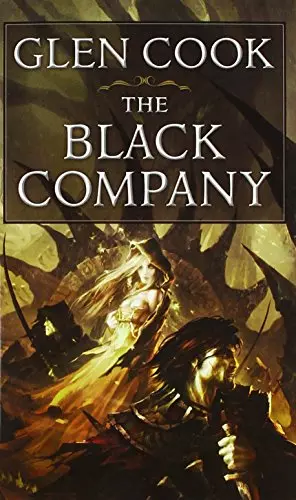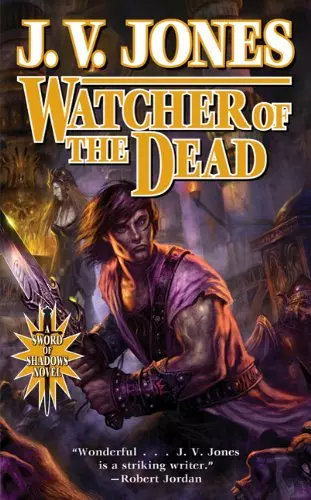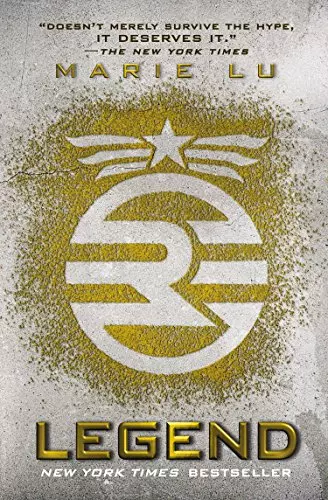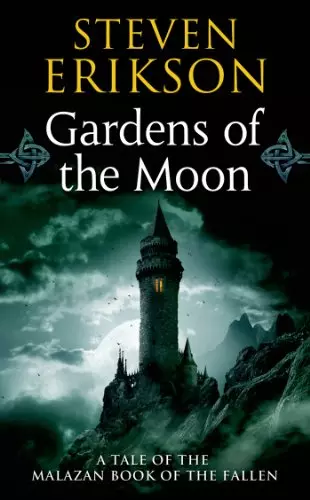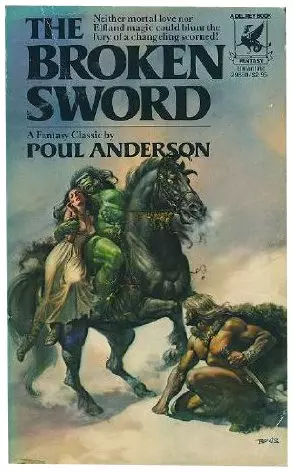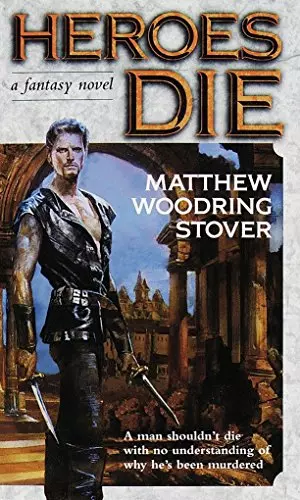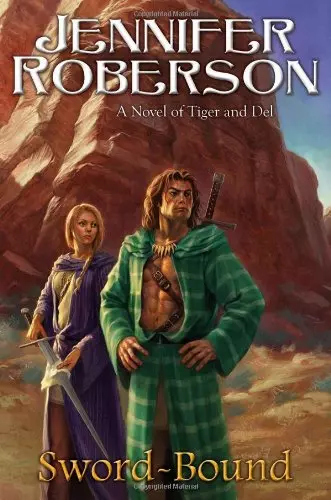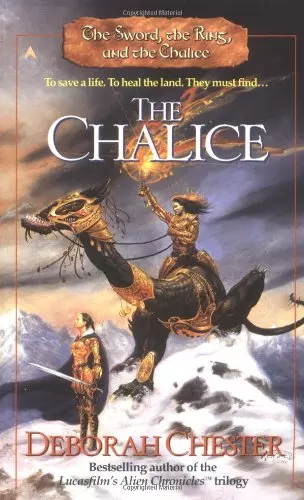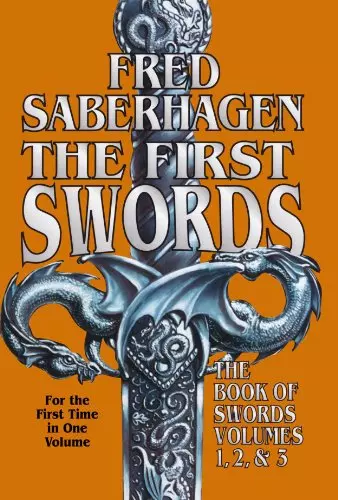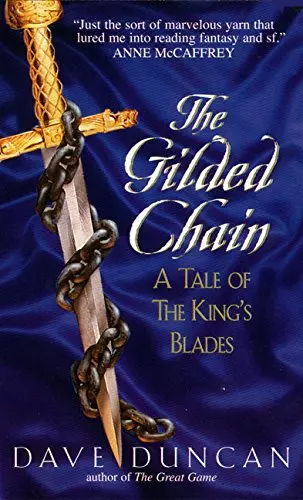Best Sword and Sorcery Books
Action, Darkness, Antiheroes, and lots of sword fighting and magic
Before I recommend the best sword and sorcery books, it's important that you, the reader, understand exactly what classic sword and sorcery really is. Sword & Sorcery is a complex subgenre and it's hard to firmly categorize. If you are the impatient type and don't want to read my rambling about what makes up the Sword & Sorcery genre, click here for classic sword and sorcery to get to the recommendation list.
What Exactly IS Sword and Sorcery?
Unlike epic fantasy, sword and sorcery does not concern itself with world-endangering events; the stakes, rather, are far more personal. The danger to the hero is usually immediate rather than long term. Sword & Sorcery has a strong preference for fast-paced action tales rather than sweeping story arcs. That means there is (usually) no band of heroes facing off against dark lords that seek to destroy the world, but rather a lone hero on a personal quest of some sort.
Sword and Sorcery often has a much darker feel than some of the other subgenre fantasies; brutality is common and morality is not clearly defined. Ancient myths and legends are often incorporated into the story.
The hero of the story is often brooding and morose, sometimes fatalistic and always troubled in some way. The hero may be the shunned outcast, the perpetual loner, the misunderstood wretch who is pitied. The hero tends to be larger than life, a force of nature who can, at times, defeat more powerful opponents (gods, witches, demons, etc). The hero is not always an unfeeling brute, but might in fact be highly intelligent, though with barbaric traits or uncomfortable habits. In Sword and Sorcery, the end always justifies the means -- even if the means means sacrificing all morality.
Ranked Fantasy Books
Trending Books in Best Sword and Sorcery Books
Trending Fantasy Booklists
Best Fantasy Books 2025
The Must-Read Fantasy Releases of 2025 That Fans Are Devouring Worldwide
Top 25 Best Fantasy Books
Love fantasy novels? Hate wasting time reading trash? Then read this definitive guide to the top 25 Fantasy books in the genre.
The Best Sci-Fi Movies
The Best of the Best Science Fiction Movies
Top 50 Best Epic Fantasy
The Absolute Best Epic Fantasy Series
Top 100 Fantasy Books
The Top 100 Best Fantasy Books Ever Written
Best Stand Alone Fantasy Books
Best Fantasy Novels Not In a Series

